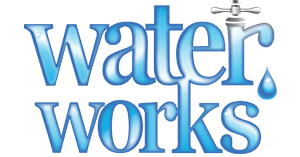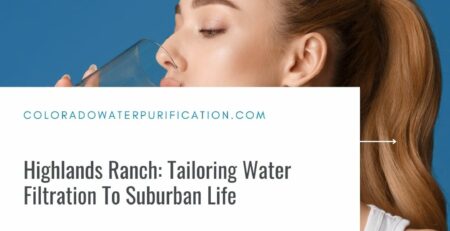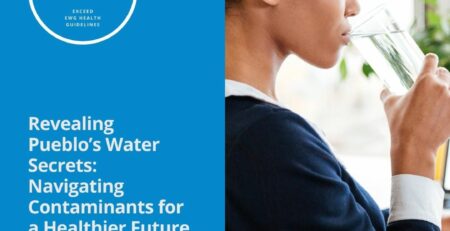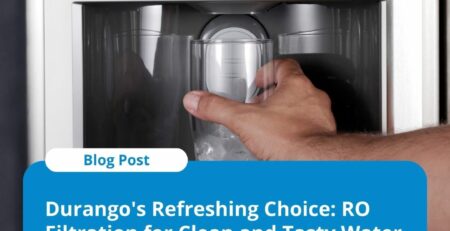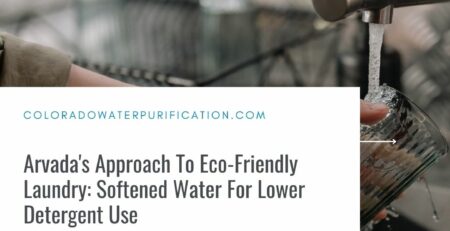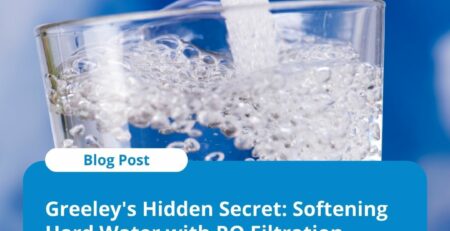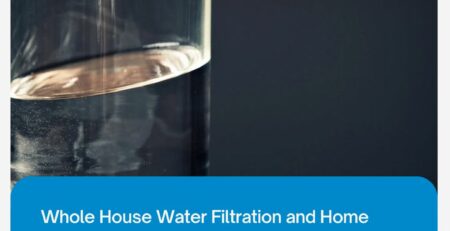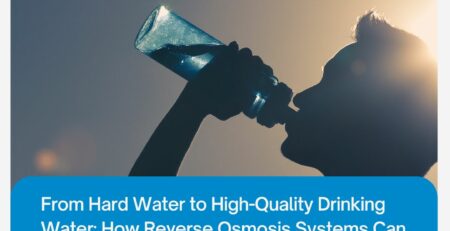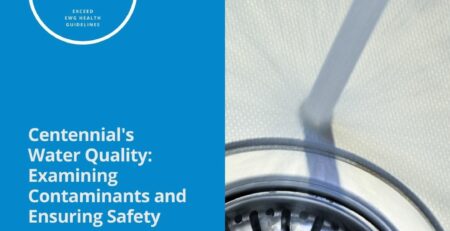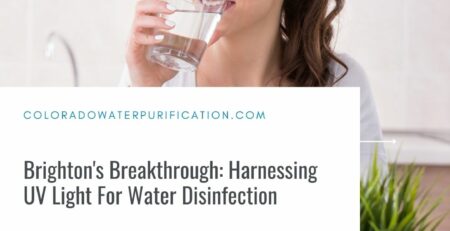Colorado Springs’ Guide to Reducing Lead in Drinking Water
Colorado Springs’ Guide to Reducing Lead in Drinking Water
Welcome to our latest blog post, where we’re diving deep into a concern close to the hearts of many Colorado Springs residents: reducing lead in our drinking water. Lead in drinking water is a serious health risk that can affect brain development in children and cause cardiovascular issues in adults. Thankfully, there are effective steps we can take to minimize this risk and ensure the water in our homes is safe and clean.
Understanding the Source
First, it’s crucial to understand how lead can make its way into our drinking water. In many cases, lead enters the water supply through old lead pipes, solder, and plumbing fixtures within our homes. While Colorado Springs Utilities works tirelessly to maintain water safety from the source to your meter, the last few feet of pipe into your home could be your responsibility and a potential source of lead.
Testing Your Water
The first step in combating lead in your drinking water is to get your water tested. Colorado Springs offers resources for testing water quality, and kits are available through local hardware stores or public health departments. Testing is the only way to know for sure if your water has lead, especially since you can’t see, taste, or smell lead in water.
Filter It Out
If tests show lead in your water, don’t panic. One immediate solution is to use a water filter. Look for filters certified to remove lead by organizations like NSF International. Remember, it’s important to maintain and replace filters according to the manufacturer’s instructions to ensure they continue to remove lead effectively.
Flush Your System
Flushing your water system can also reduce lead levels. If water has been sitting in pipes for several hours, run your tap for 2-3 minutes, or until the water becomes as cold as it will get, before using it for drinking or cooking. This simple step can significantly reduce any lead content.
Replace Lead Pipes and Fixtures
For a long-term solution, consider replacing any lead pipes, solder, or fixtures in your home. This step might be more costly and involve professional help, but it’s a surefire way to eliminate the risk of lead contamination. Some local programs may offer assistance or rebates for pipe replacement, so it’s worth looking into.
Use Cold Water for Consumption
Always use cold water for cooking, drinking, and making baby formula. Hot water is more likely to leach lead from pipes and fixtures, increasing the risk of contamination. If you need hot water, heat it on the stove or in an electric kettle after starting with cold water.
Stay Informed
Lastly, staying informed about the water quality in Colorado Springs is key. Regular updates from Colorado Springs Utilities or your local water provider can offer peace of mind and essential information on water safety initiatives and improvements.
Wrapping Up
Ensuring our drinking water is free from lead is a shared responsibility. By staying informed, testing our water, utilizing filters, and considering long-term fixes, we can all contribute to safer, healthier water in our homes and community.
Colorado Springs’ residents have the power and resources to tackle lead contamination in drinking water head-on. Let’s make use of these tools to protect our health and the health of future generations.
Stay hydrated, stay safe, and remember, clean water is a cornerstone of a healthy life.
